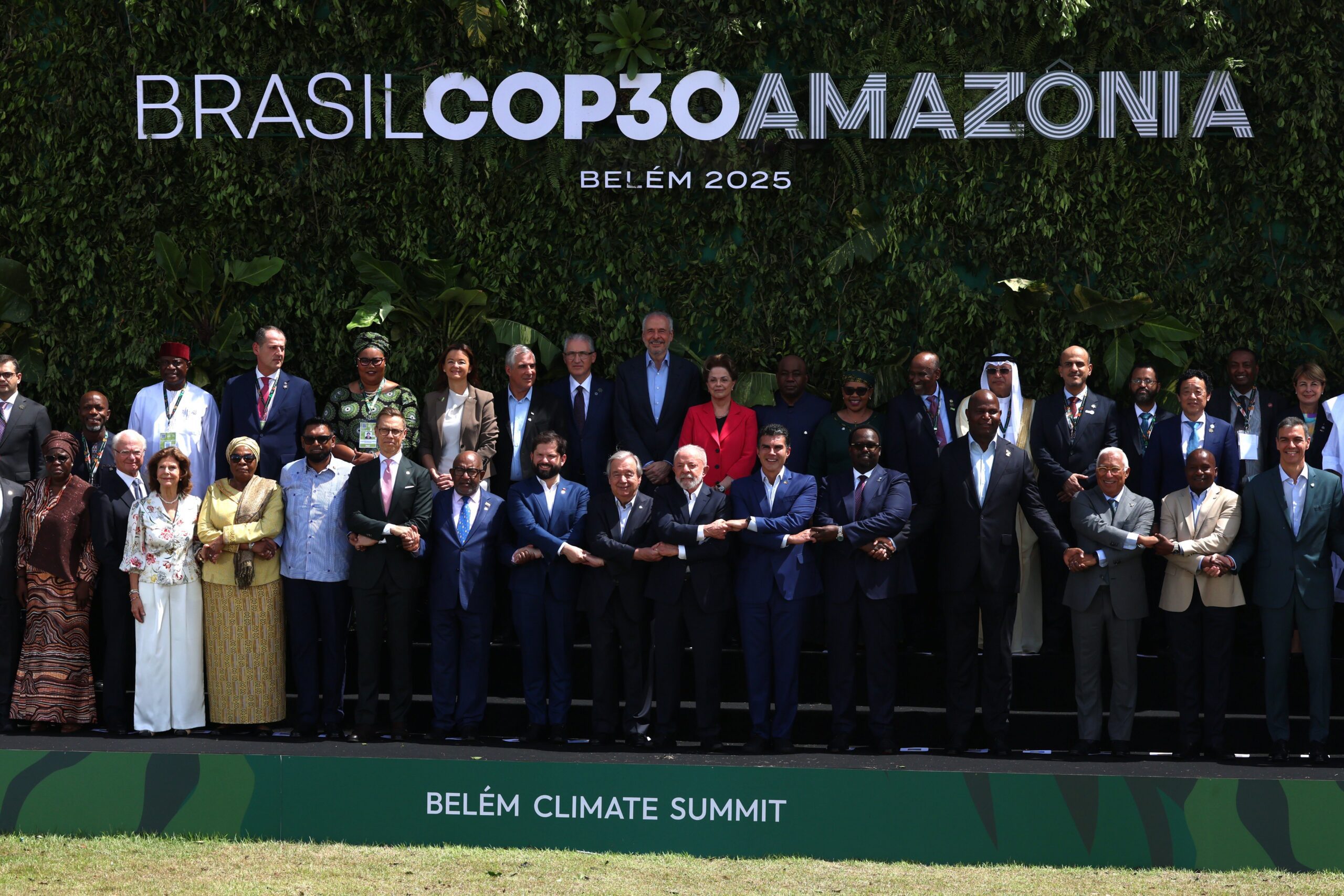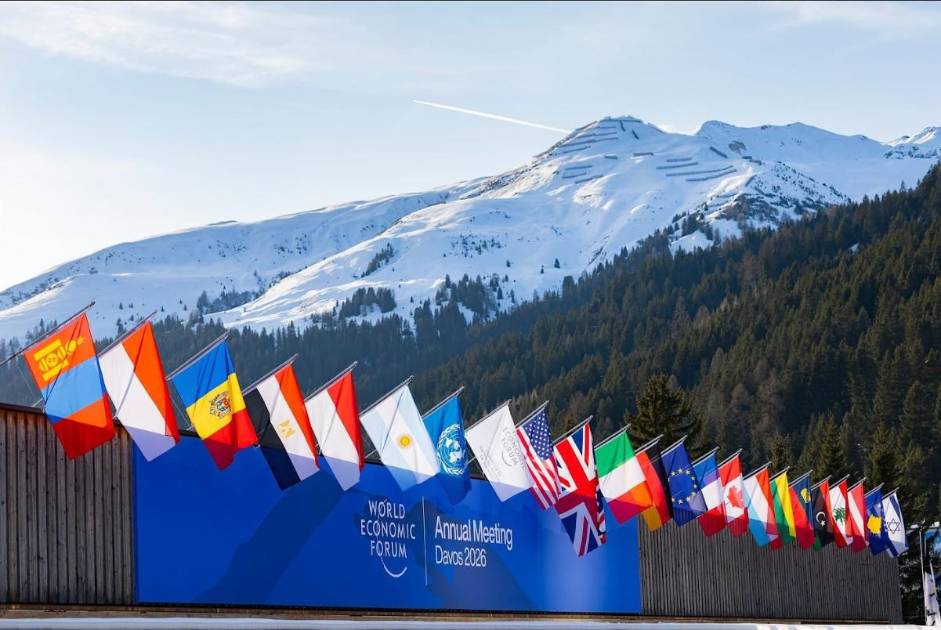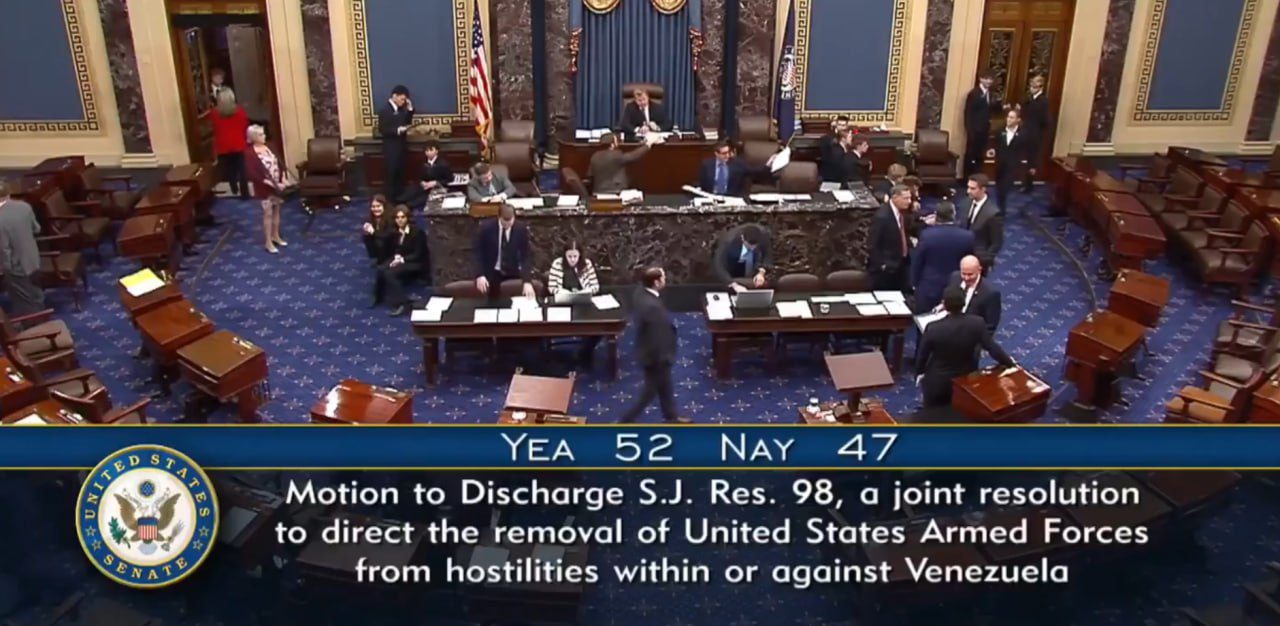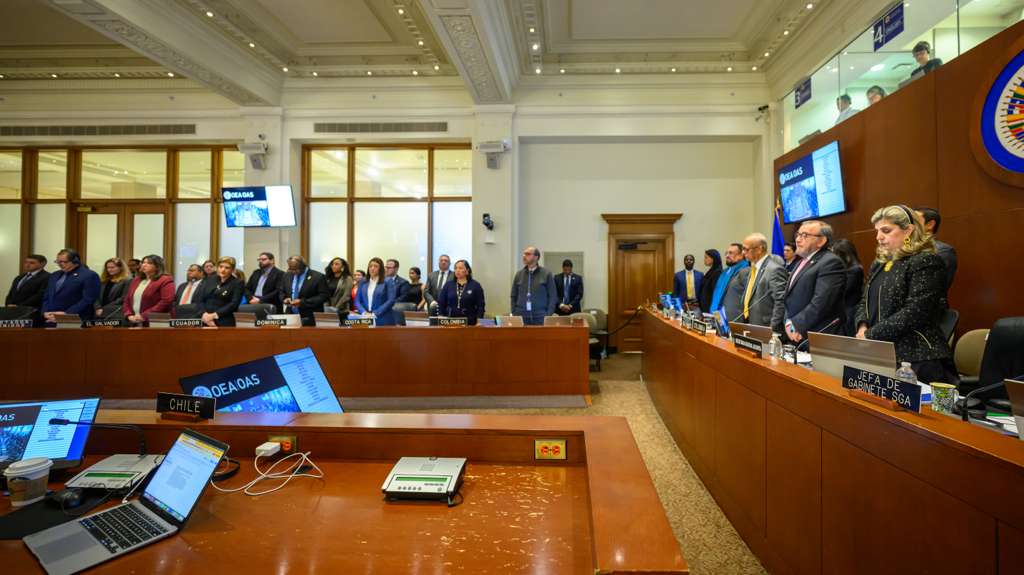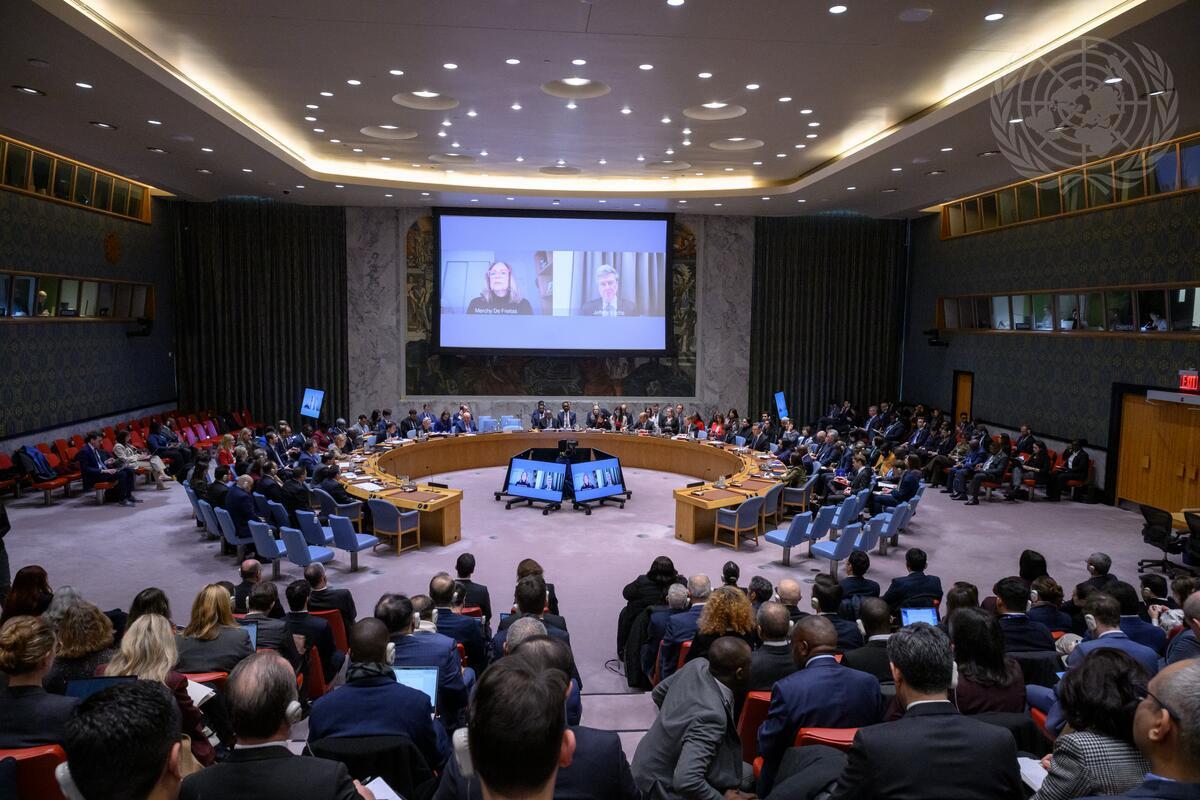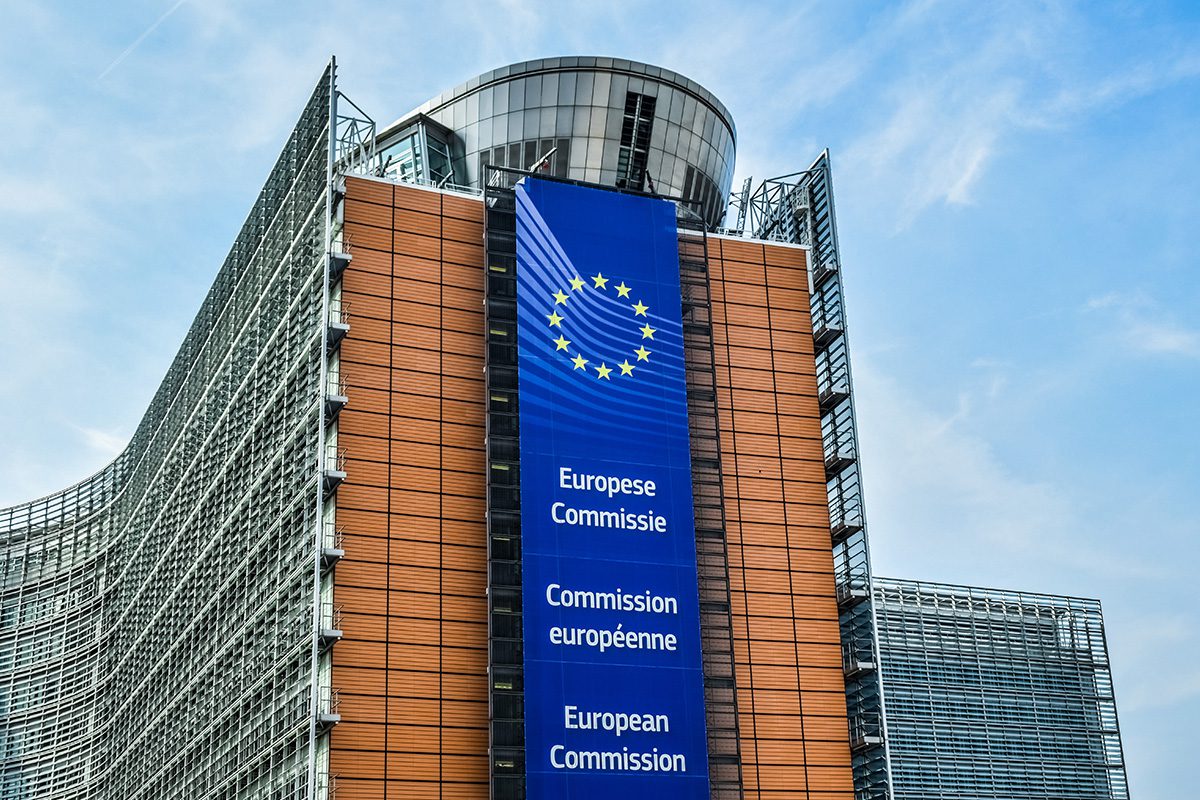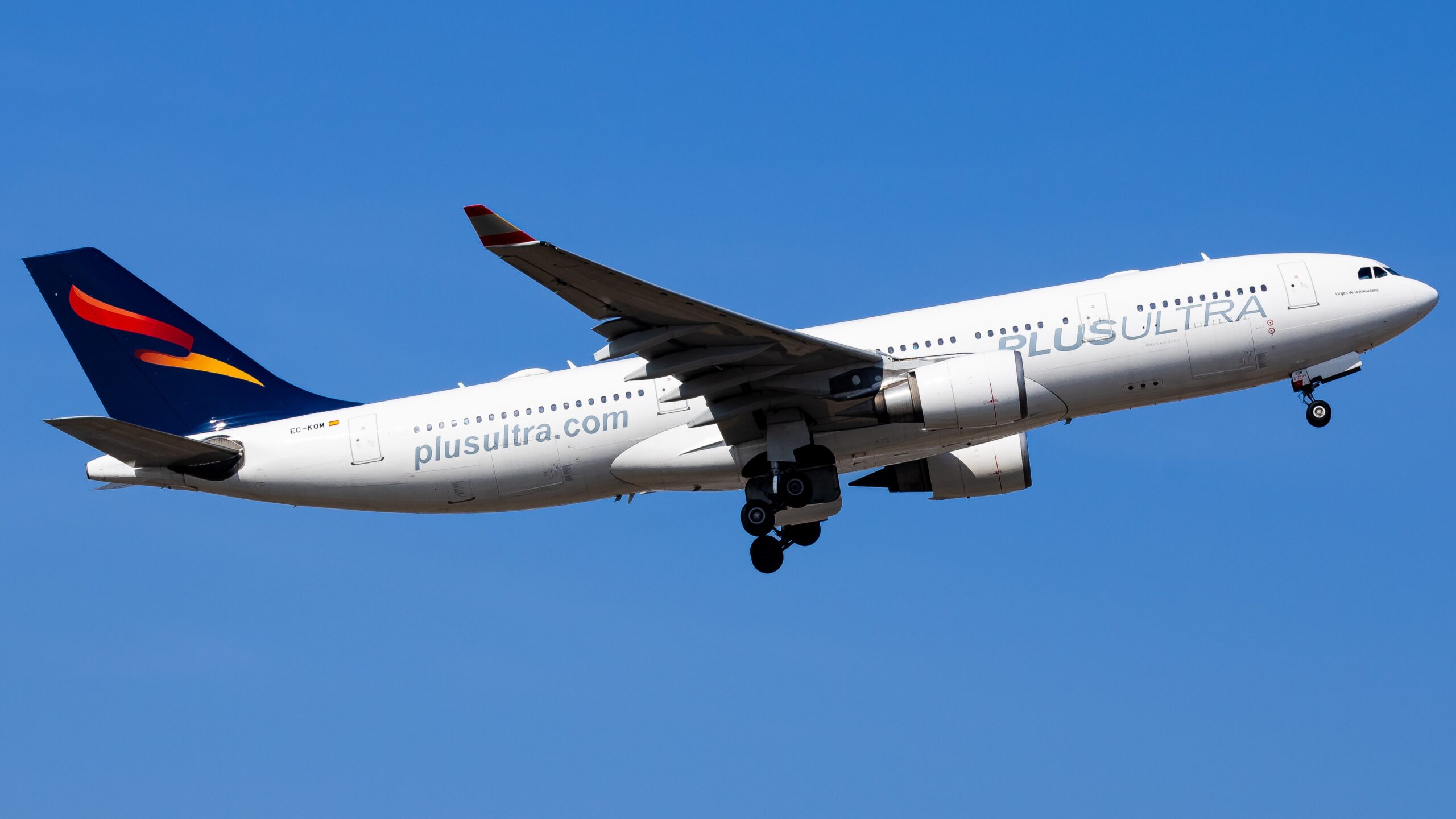Leaders in the official photo of the COP30 Amazon Summit. Photo: social media accounts of Pedro Sánchez, President of the Government of Spain.
Guacamaya, November 7, 2025. From the heart of the Amazon, more than 60 world leaders gather at COP30 to define the future of climate action. The summit, chaired by Luiz Inácio Lula da Silva, aims to turn ambition into concrete results in the fight against global warming. Pope Leo XIV calls for an “ecological conversion,” while the WMO warns of Latin America’s growing vulnerability, with Venezuela among the countries most affected by climate change.
The Amazon as a global symbol
For the first time in history, a Climate Conference is being held in the heart of the Amazon. Lula da Silva opened the summit by highlighting the symbolic and urgent nature of the meeting:
“In the global imagination, there is no greater symbol of the environmental cause than the Amazon rainforest,” said the Brazilian president. “Here flow the thousands of rivers and streams that form the largest hydrographic basin on the planet. Here live the countless species that make up the most diverse biome on Earth. But this great natural heritage is under threat from the effects of climate change.”
The Brazilian leader warned that 2024 was the first year in which the Earth’s average temperature exceeded 1.5°C above pre-industrial levels.
“COP30 will be the COP of truth. It is time to face reality and decide whether we will have the courage to transform it,” Lula declared, emphasizing that the climate crisis can only be addressed through international cooperation and a strengthened multilateral system.
A high-level meeting with notable absences
More than 60 heads of state and government are taking part in the Belém Summit, including Gabriel Boric (Chile), Gustavo Petro (Colombia), Emmanuel Macron (France), Friedrich Merz (Germany), Pedro Sánchez (Spain), Keir Starmer (United Kingdom), Luís Montenegro (Portugal), and Ahmed al Sharaa (Syria). The European Union, on the eve of the conference, announced a new agreement to set its climate goals.
However, two absences stand out: Xi Jinping (China) and Donald Trump (United States)—leaders of the world’s two largest polluters—declined the Brazilian president’s invitation.
The meeting will take place over two days, featuring a plenary session and three thematic roundtables on climate and nature, energy transition, and the review of the Paris Agreement, which marks its tenth anniversary this year.
Pope Leo XIV’s call: ecology, morality, and peace
The papal message, delivered by Cardinal Pietro Parolin, Secretary of State of the Holy See, set a spiritual and ethical tone for the opening session.
“If you want to cultivate peace, care for creation,” Parolin quoted, referring to the Pope’s words urging an “ecological conversion” that recognizes the sanctity of life and the common good.
Leo XIV warned that peace is also threatened by “the lack of respect for creation, the plundering of natural resources, and the deterioration of quality of life due to climate change.”
“The ecological crisis is a moral issue,” he reiterated, calling for a renewed sense of solidarity and a financial architecture centered on the human person.
The pope also urged recognition of “the link between ecological debt and external debt” and called for “an education in integral ecology” that connects daily decisions to the future of humanity.
“May this ecological conversion inspire a new solidarity that safeguards both creation and human dignity,” concluded the message.
The birth of the Tropical Forests Forever Fund (TFFF)
One of the highlights in Belém was the launch of the Tropical Forests Forever Fund (TFFF), signed by 53 countries. The initiative seeks to finance long-term conservation strategies and strengthen alliances between tropical forest nations and donor countries.
Among the announced commitments:
Norway: USD 3 billion over ten years.
France: USD 577 million by 2030.
Brazil and Indonesia: USD 1 billion each.
Portugal: USD 1 million.
Germany: confirmed its support and will finalize its contribution soon.
The TFFF aims to mobilize USD 125 billion—USD 25 billion in sovereign capital and USD 100 billion from institutional investors—and fill the annual USD 66.7 billion gap estimated by UNEP to protect and restore forests.
Brazilian Foreign Minister Mauro Vieira emphasized the initiative’s innovative nature:
“The TFFF reflects Brazil’s diplomatic vision: tropical countries know how to preserve their forests. This fund empowers them with stable, large-scale resources. Its parity-based governance and the allocation of 20% of funds to Indigenous peoples mark a transformative shift.”
Climate and nature: forests and oceans at the core of the debate
The first thematic session, “Climate and Nature: Forests and Oceans,” featured speeches by Lula, António Guterres, and Jacinda Ardern. The Brazilian president celebrated a more than 50% reduction in Amazon deforestation and pledged to restore 40 million hectares of degraded pastures within a decade.
“The rainforest is not only fauna and flora: 50 million people live in the Amazon region,” Lula reminded participants.
Guterres, for his part, stressed that protecting forests “is not an act of charity, but a moral and economic responsibility,” and praised the launch of the TFFF. He also emphasized the urgency of ending deforestation before 2030 to keep the 1.5°C target within reach.
On oceans, Lula warned that their warming could disrupt rainfall patterns in the Amazon, with devastating consequences. He endorsed the High Seas Treaty, which Brazil will ratify before the end of the year, while Ardern called for fully integrating the oceans into the global climate agenda:
“It’s time to finance their restoration and protection. They cover 71% of the Earth’s surface.”
Toward a decade of results
In his closing remarks, António Guterres stressed that the world is entering “a decade of acceleration and results”:
“This is no longer a time for new negotiations, but for implementation, implementation, and implementation.”
Lula concluded by urging collective action that connects science to everyday life:
“People may not understand what carbon emissions are, but they feel pollution. They may not know what carbon sinks are, but they understand that forests and oceans give life. COP30 will be remembered as the COP of collective courage.”
Venezuela and climate change: A regional warning
The World Meteorological Organization’s report (WMO-1367-2024), identifies Venezuela among the most climate-affected countries in northern South America.
The country recorded temperature anomalies exceeding 1.2°C above historical averages, with recurrent heat waves in Caracas, Maracaibo, and Ciudad Guayana.
During 2023, floods and landslides in the north and west—especially in Mérida and the Central Coast—were linked to extreme rainfall amplified by El Niño and the warming of the tropical Atlantic.
Venezuela faces growing risks to its water and energy security due to its heavy reliance on hydroelectric power. The Caroní River basin recorded below-average flow levels, affecting generation at the Guri Dam, the cornerstone of the national power grid.
The WMO also warns of biodiversity loss in the Orinoco and Venezuelan Amazon ecosystems, and of the social impact on rural and Indigenous communities with limited adaptive capacity.
Finally, the report highlights the role of the National Institute of Meteorology and Hydrology (INAMEH) within the WMO’s regional observation and early warning network, particularly in monitoring Caribbean hurricanes.
These findings reinforce COP30’s call to link climate finance with the social and energy resilience of developing nations. As UNFCCC Executive Secretary Simon Stiell stated, “The resources exist, the science is clear, the moral imperative is undeniable.”
Why COP30 should matter to Venezuela
COP30 is not a distant debate for Venezuela—it is a matter of national survival.
The WMO report confirms that the country is experiencing an acceleration of climate impacts—rising temperatures, water variability, and ecosystem degradation—that directly affect its economy, energy systems, and social fabric.
First, the Caroní hydroelectric system, which supplies more than 60% of Venezuela’s electricity, depends on increasingly erratic rainfall. A prolonged drought or disrupted precipitation patterns could have catastrophic consequences for energy supply and economic stability.
Second, extreme rainfall and landslides, such as those in Mérida or the Central Coast, reveal the heightened vulnerability of infrastructure and communities—urban and rural alike—facing climate change without territorial planning or effective early-warning systems.
Third, rising temperatures and the degradation of Amazonian and Orinoco ecosystems threaten biodiversity, food security, and the livelihoods of Indigenous, farming, and riverine communities.
Finally, COP30 represents a political opportunity: a platform for Venezuela—not only the State but also civil society organizations—to reengage with multilateral climate mechanisms and promote adaptation and resilience policies at the national level. Yet both the domestic and external contexts remain highly constrained by the country’s isolation.
Understanding the significance of the COP is not merely an exercise in global awareness. It is to acknowledge that Venezuela’s energy, economic, and ecological future depends largely on the decisions being made today in forums like Belém.
In a nation that has endured decades of simultaneous economic, political, social, and environmental crises, climate change is no longer a warning—it is a reality that demands action.

